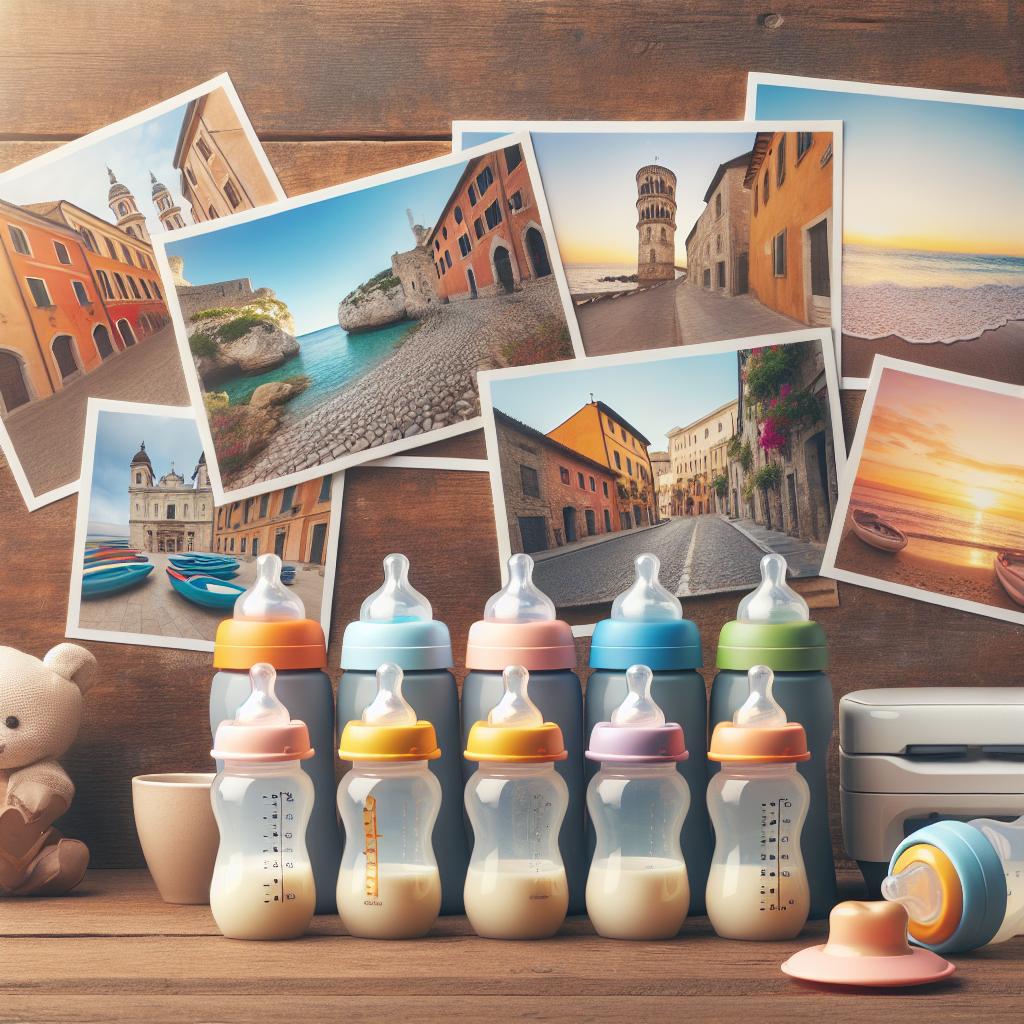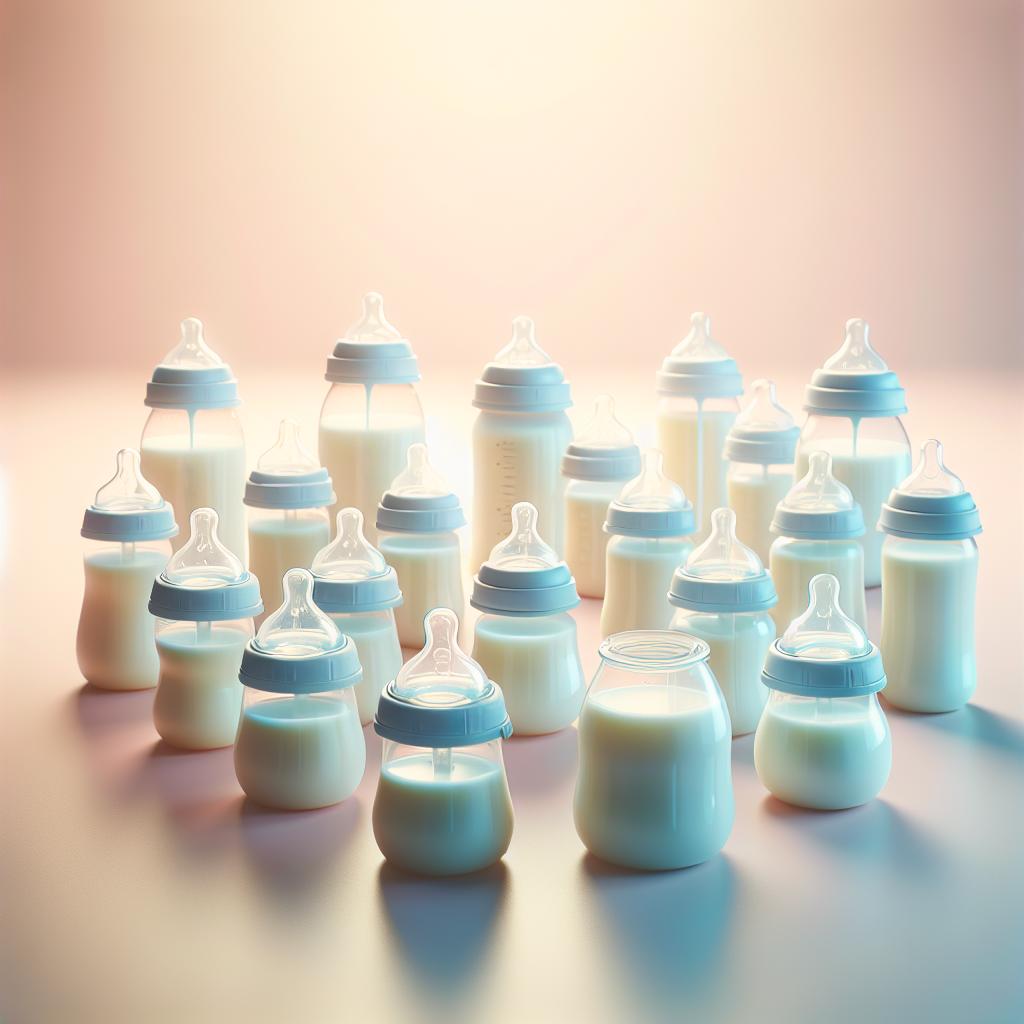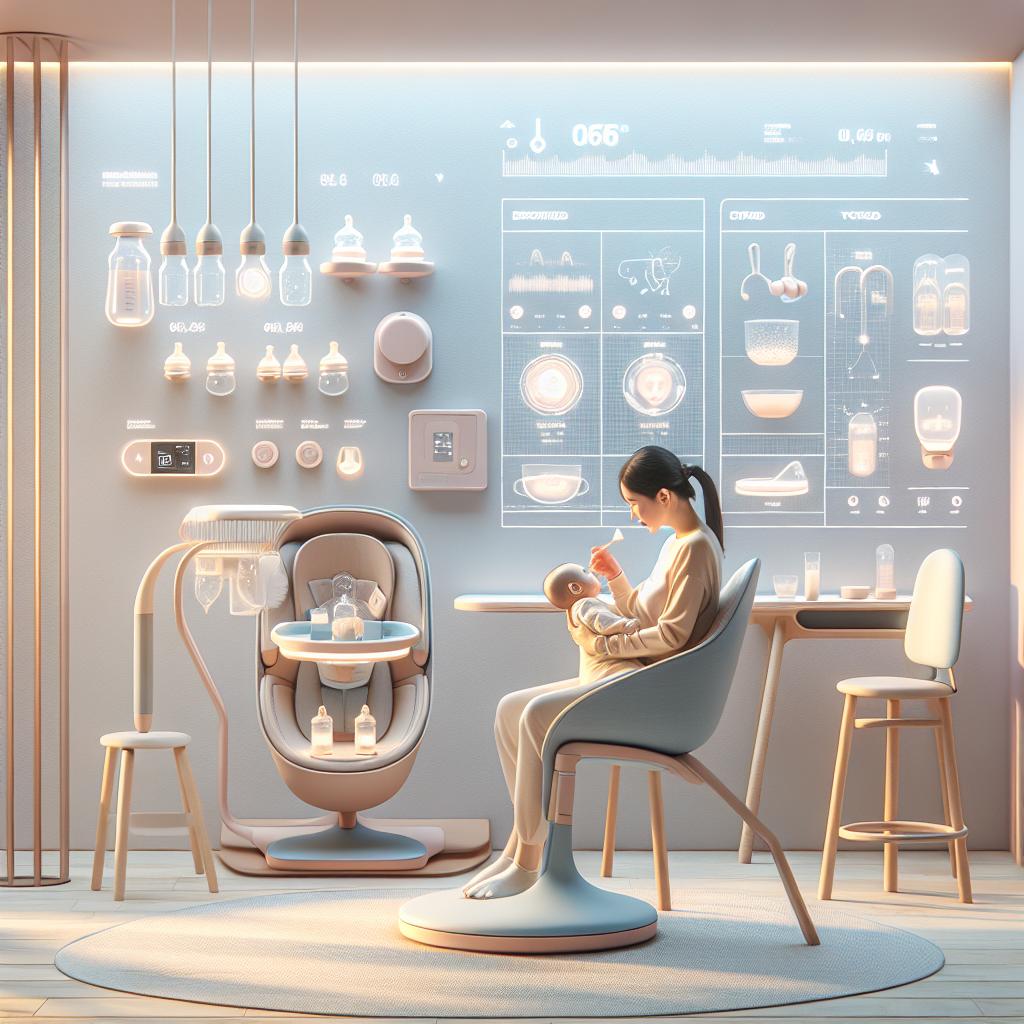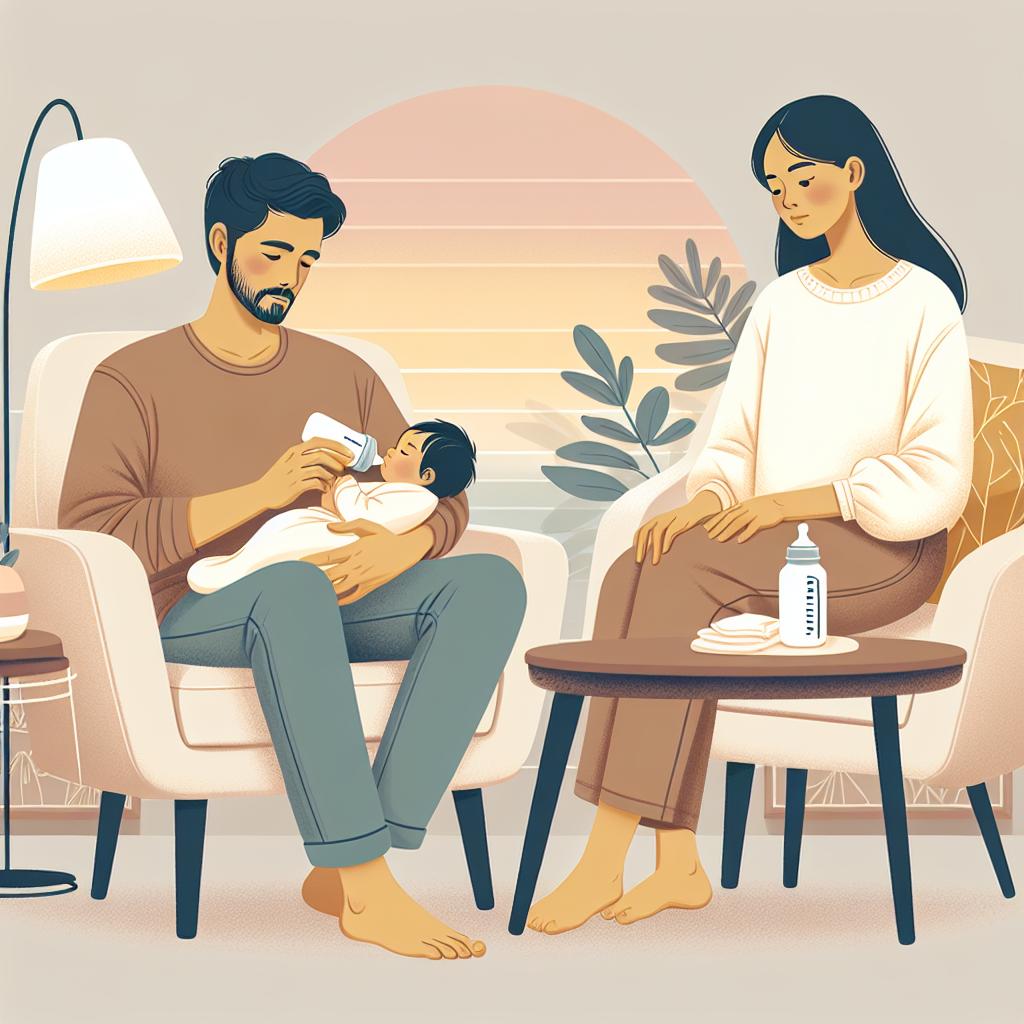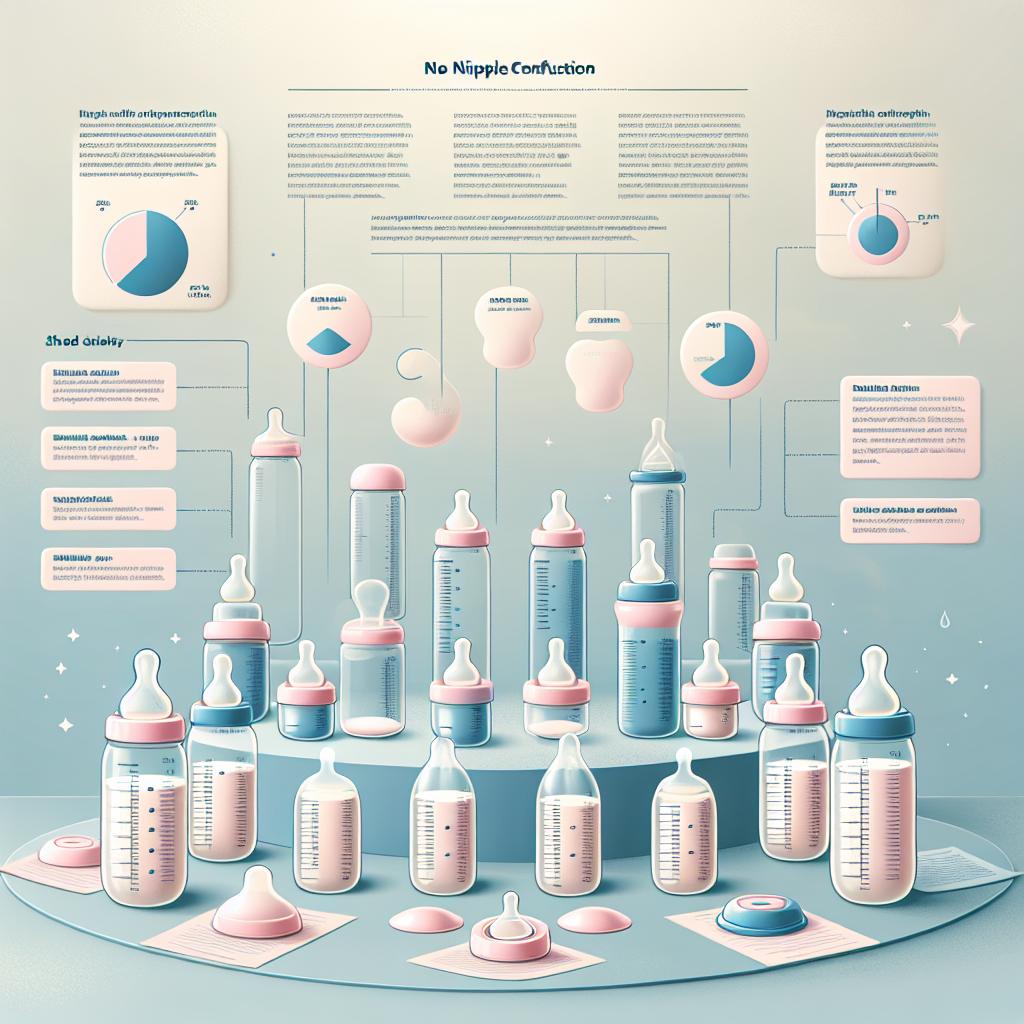Preparing for a Smooth Bottle Feeding Journey
Travelling with an infant can seem like a daunting task, especially when it involves bottle feeding. However, with the right preparation and tools, it can be a stress-free process. One of the most critical aspects that parents often encounter is ensuring they can feed their babies appropriately while on-the-go.
Planning is Key
Remember the adage, ‘fail to plan, plan to fail’? Parents nodding in agreement right now will know that, particularly when it comes to bottle feeding traveling, it’s crucial to have a plan. Taking a little time to prepare ahead of your trip can lead to a smoother journey.
- Decide on the feeding method: Will you be using formula or expressed breast milk? Perhaps, you will be using a combination of both, known as the hybrid method.
- Feeding equipment: Much like at home, you will need to pack all the necessary equipment, bearing in mind the need for compact, travel-friendly feeding tools.
- Ready to use or powder formula: If using formula milk, you need to decide whether to use ready-to-feed liquid formulas or powder formula. Traveling with both types has its pros and cons, which we will discuss later in this post.
Choosing the Right Travel Bottles
When it comes to bottle feeding while traveling, choosing the right travel bottles is critical for seamless feeding on-the-go. Here are few factors to consider when selecting the right bottle:
- Size: Choose compact-sized bottles that can fit easily into your baby bag, yet hold enough formula or breastmilk for one feeding.
- Material: Opt for BPA-free plastic or glass bottles, which are non-toxic and safe for your baby’s health.
- Type: Consider bottles with disposable liners, which can minimize the task of washing while on-the-go.
Remember, it’s crucial to ensure your baby is comfortable with the chosen bottle. Try using it at home in the days leading up to your travel so that your baby can get used to the new bottle.
Formula Feeding On-the-Go – What You Should Know
If you’re formula feeding, there are a few more things you’ll need to consider.
Ready-to-feed formula is a convenient option, particularly when access to clean water might be uncertain. You can also carry sterilized water with you, but remember, this can be bulky and add weight to your luggage.
Powdered formula on the other hand, is far less heavy and takes up less space. However, you’ll need access to safe drinking water to prepare the feed. You can find some useful tips on travel with formula here.
Address Feeding Challenges Proactively
It’s not uncommon for babies to cry during feeding. Add the pressure of a time-bound journey, and it can feel overwhelming. Having coping strategies can help. For instance, if your baby tends to be fussy when bottle-feeding, it might stem from a problem with the bottle nipple or the need for a burp. You can find more helpful information about this at Feed Guide.
Feeding Schedule and Routines
Travel can disrupt a baby’s feeding routine. It’s advisable to maintain the feeding schedule as closely as possible to your baby’s local time. It helps offer stability amidst the changes.
- Scheduled Feeding: If your baby is used to feeding at specific times, try to stick to those times as much as possible, adjusting for any time differences.
- Demand Feeding: Some babies prefer eating whenever they are hungry. Be prepared for that and always have a feeding bottle ready.
- Time Zone Changes: If you’re traveling across different time zones, try to gradually adjust your baby’s feeding times to sync with the time at the destination to prepare them for the change.
Understanding Air Travel Regulations
If you’re flying, be mindful of the TSA regulations regarding carrying liquids, especially baby formula or breast milk, on a flight. You can carry more than the regular 3.4 ounces of liquid per container if it’s for your baby. You should declare these items at security, and they might need to be checked separately. You can find more information regarding these regulations on the TSA website.
Considerations while Staying at Hotels
When booking accommodations, consider if they’ll cater to your feeding needs. For instance, does the hotel room have a fridge to store prepared bottles or expressed milk? Is there an electric kettle for boiling water if you select powdered formula? Such considerations can make bottle feeding while traveling easier.
Safety Measures and Hygiene
Ensuring bottle feeding is safe and hygienic is vital. Here are some guidelines:
- Bottle Sterilization: Carry travel-friendly, bottle-sterilizer bags that use microwaves to sterilize the feeding equipment. These can be very useful if you have access to a microwave oven. Otherwise, sterilizing tablets can be a perfect option.
- Hand Hygiene: Always ensure your hands are clean before preparing a bottle. You can carry hand sanitizers for times when soap and water won’t be readily available.
- Formula Preparation and Storage: If using powdered formula, make sure the water is hot enough (above 70 degrees Celsius or 158 degrees Fahrenheit) when making a bottle to kill any bacteria in powder. Once prepared, try to use the feed immediately or cool it in the fridge and use it within two hours. Here is a good article on this topic.
Other Useful Travel Necessities
Other commodities can make bottle-feeding during travel easier. For instance, a thermal bag is great for keeping bottles warm or keeping prepared feeds cool. An insulated flask is handy for carrying hot water for both ready-to-feed and powdered formula prep. Bibs, spit-up cloths, and extra clothes are also essential.
Travel Feeding Tips for Parents
Finally, a few extra tips for parents traveling with bottle-fed babies:
- Remember that, on flights, feeding during takeoff and landing can help your baby’s ears adjust to the pressure changes.
- Have an extra bottle or two handy for unforeseen delays.
- Always carry enough supplies for a couple of extra feedings. You never know when you might need it.
- A list of local emergency numbers, including a pediatrician and local hospitals, is always a good idea if you are traveling internationally.
- It can help to pack a few familiar items, like your baby’s favorite blanket or toy, which can help comfort them during the travel and feeding phases.
- Remember to go easy on yourself. You’re doing a great job, so don’t stress about minor hiccups.
Remember, the journey is just as meaningful as the destination, especially when spent with your precious little one. Make the most of these moments.
